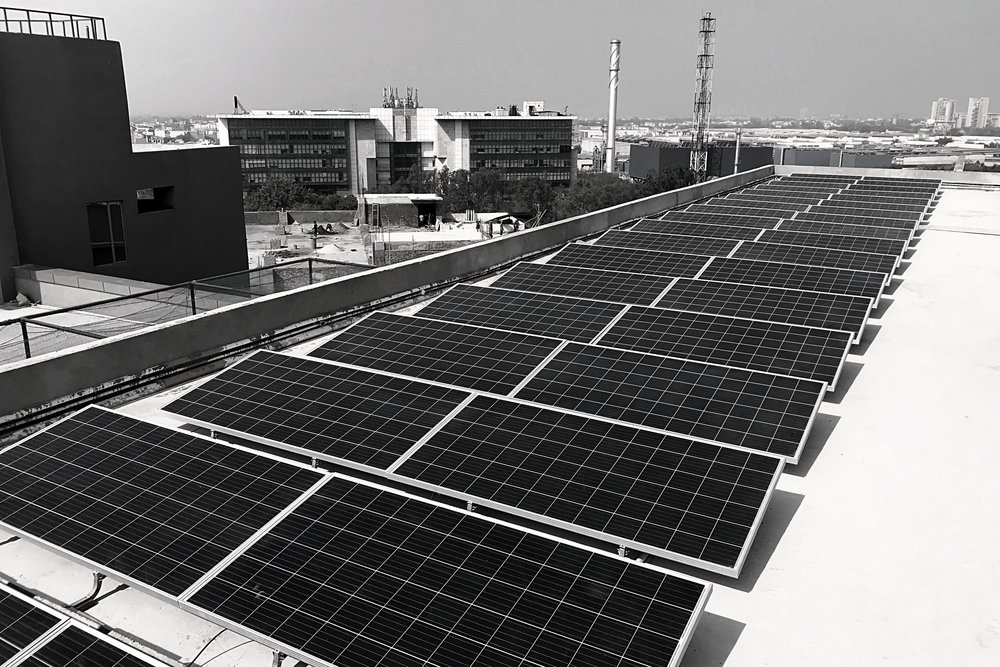
To encourage greater investment in renewable energies, the government established the ITC (investment tax credit). This credit is available in cash grants. It's intended to encourage new types and forms of renewable energy, not currently covered under existing law. The ITC can be more advantageous for offshore wind power than the PTC. Congress recently modified the tax code to make offshore winds eligible for ITC. America's prosperity depends on strong investments in renewable energy.
Subsidy subsidies
Many people support subsidies for renewable energy, but others oppose them. Supporters of subsidies point out their health benefits as well as the necessity to shift to a lowcarbon world. Some argue that they should be removed because renewable energy sources can compete with traditional forms.
In order to use fossil fuels, huge subsidies are provided. Energy subsidies for renewable energy have fallen by almost 45% since FY 2017, when they were at their highest. This does not mean that subsidies for renewable energy are dead. According to a recent report, fossil fuel subsidies are recovering. The number of subsidies for fossil fuels has increased by 5% each year, and is expected to rise to nearly 7 percent of global GDP by 2025. This rise can be partly attributed to growing fuel consumption in developing nations, which is expected continue to increase use of fossil fuels.

Credit for investments
The government's Renewable Energy Investment Tax Credit program (ITC), provides incentives for projects that use renewable energy. The current deadline for solar projects that are to be put into service under the ITC program is December 31, 2036. A new legislative recommendation will change that deadline to allow solar projects to be placed into service sooner. It also provides incentives for those projects that take more time. The ITC may be as much as four percent higher for solar projects placed in service after December 31, 2036.
The act offers tax incentives to electric and hydrogen-powered vehicles, for energy efficiency, carbon sequestration and nuclear power. The act also includes additional grant programs for interregional transmission, offshore wind, and other projects.
Treasury cash grant program
The Treasury cash grant program for government renewable energy policy is a way for government agencies to fund energy projects. The cash grants are given in lieu of the PTC and the ITC, so the taxpayer does not have to claim them. To be eligible for cash grants, however, projects must meet certain eligibility criteria. If a project does not meet those requirements, it could be disqualified. This is stated clearly in Treasury guidance materials.
The cash grants will only be awarded 60 days after an application has been submitted. Treasury must approve all applications for projects not in service in 2009 and 2010. Additional information must also be submitted within ninety day of the date that the project is put into service.

Development of renewable energy areas
Australia's state governments have made it a priority to develop renewable energy zones. These government-controlled statutory authorities are responsible for coordinating REZ projects, taking a holistic approach to planning and development, and working with communities to ensure benefits are shared. The REZs can be a powerful tool in grid-connected renewable energy development.
It is not possible to provide all the funding required for the development of renewable energy areas without significant public investment. However, governmental intervention in the early stages of deployment can help mitigate financing and market risks and effectively leverage private sector investment. Venture capital firms can also provide financing, but this is limited to large-scale deployment projects.